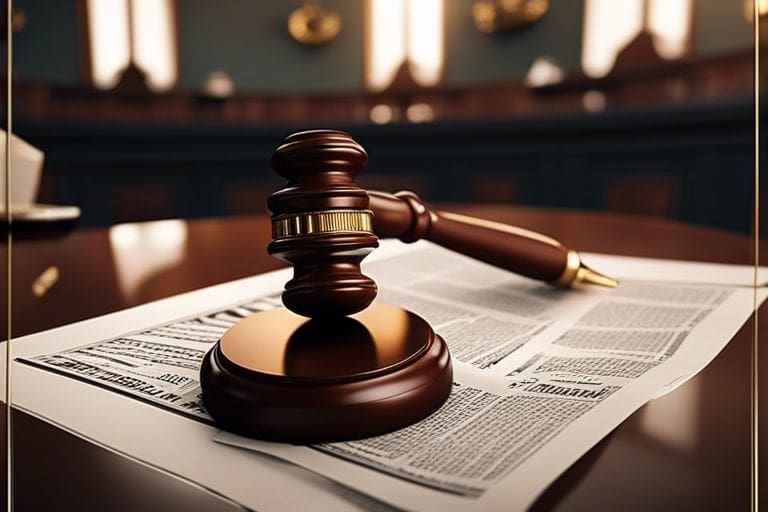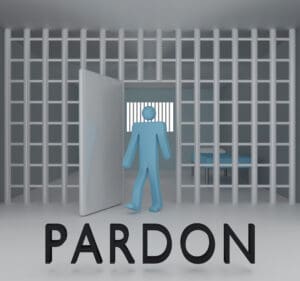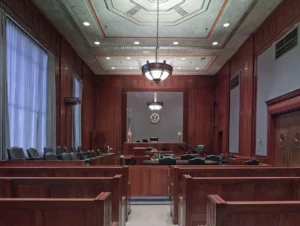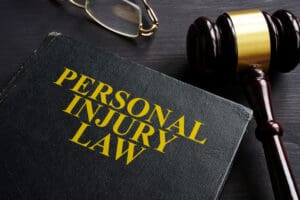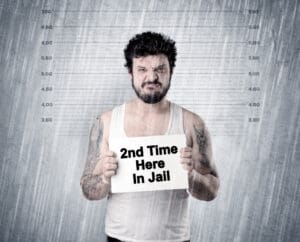Journalism is a wild ride, full of adrenaline-pumping exclusives and headline-making stories, but legal issues simmer beneath the surface. Understanding media law is as crucial as nailing that breaking news piece. From defamation to copyright infringement, ignorance is not bliss in the volatile world of reporting. Stay ahead of the game by grasping the dos and don’ts in journalism law – your byline depends on it.
Freedom of Speech vs. Legal Restraints
The First Amendment: A Journalist’s Best Friend
Your voice is your power, and in the world of journalism, the First Amendment is your shield. It protects your right to free speech, allowing you to hold the powerful accountable and shine a light on the truth. Freedom of the press is crucial for a healthy democracy, and it empowers journalists to uncover stories that can change the world.
Libel, Slander, and Defamation: The Dark Side
Libel, slander, and defamation are the dark shadows that lurk in the corners of journalism. False statements that harm someone’s reputation can lead to costly lawsuits and tarnish the credibility of even the most reputable news outlets. As a journalist, it is crucial to tread carefully and verify information before publishing to avoid falling into the legal pitfalls of defamation.
Dark Side: While freedom of speech is a cornerstone of democracy, it comes with responsibilities. Publishing false information that damages someone’s reputation can result in costly lawsuits, fines, and even jail time for journalists. It’s crucial to fact-check thoroughly and uphold journalistic integrity to avoid legal trouble.
Privacy and Confidentiality
Invasion of Privacy: When Does it Cross the Line?
While the media has the responsibility to report on matters of public interest, they must also be mindful of individuals’ privacy rights. Any invasion of privacy must be justified by the newsworthiness of the information and weighed against the individual’s right to privacy.
Protecting Sources: The Importance of Confidentiality
Importance of protecting sources is crucial for journalists in maintaining the flow of information and upholding the principles of a free press. This ensures that whistleblowers and informants feel safe to come forward with important but potentially risky information.
Copyright and Intellectual Property
Fair Use: The Gray Area of Copyright Law
There’s always a fine line when it comes to fair use in journalism. Any use of copyrighted material, whether text, images, or videos, must be carefully evaluated to determine if it falls under fair use, which allows for limited use of copyrighted material without permission.
Plagiarism: The Unforgivable Sin of Journalism
There’s an area in journalism that is considered the cardinal sin – plagiarism. This act of passing off someone else’s work as your own is not only unethical but can also lead to serious legal consequences for journalists.
Journalism ethics demand that writers give credit where it’s due and provide proper citations for sources used in their work. Whether intentional or accidental, plagiarism can tarnish a journalist’s reputation and credibility in the industry. It’s crucial for journalists to always attribute sources and conduct thorough research to avoid this unforgivable sin.
Regulation and Ethics
Government Regulation: Necessary Evil or Censorship?
To ensure the media’s accountability and responsibility, some argue that government regulation is a necessary evil. Regulations can help protect against misinformation and uphold journalistic ethics. However, others fear that government intervention could lead to censorship, stifling freedom of the press and undermining democracy.
Ethical Dilemmas: When Journalists Must Draw the Line
When faced with ethical dilemmas, journalists often find themselves at a crossroads. While the truth is paramount in journalism, sometimes the pursuit of a story can invade personal privacy or cause harm to individuals. Journalists must navigate these tricky situations with integrity and sensitivity, understanding the impact of their words and actions.
An ethical dilemma may arise when journalists uncover information that could potentially save lives but involves breaching confidentiality. Journalists must weigh the public’s right to know against an individual’s right to privacy and the potential repercussions of their reporting. This delicate balance requires a clear understanding of journalistic ethics and the willingness to make difficult decisions in the public interest.
Summing up
Media Law – Understanding Legal Issues in Journalism provides a crucial insight into the legal aspects that journalists must navigate. Recall, ignorance of the law is no excuse, especially in a field where words hold so much power. Stay informed, stay vigilant, and always double-check your sources – both for news stories and legal advice.
FAQ
Q: What legal issues should journalists be aware of when practicing their profession?
A: Journalists should be aware of a variety of legal issues when practicing their profession, including libel, invasion of privacy, copyright infringement, and the Freedom of Information Act.
Q: What is libel and how can journalists avoid being sued for it?
A: Libel is the publication of false information that harms a person’s reputation. Journalists can avoid being sued for libel by ensuring the information they publish is true, or by stating opinions as opinions rather than facts.
Q: How does copyright law affect journalists and what should they know about it?
A: Copyright law affects journalists by protecting the rights of creators to their works. Journalists should be aware of fair use guidelines when using copyrighted material, as well as obtaining permission when necessary.
Type of Attorney and How to Find Them on Attorneys.Media
Media law involves a range of legal issues, including freedom of the press, defamation, privacy, and copyright. Attorneys specializing in media law understand the unique challenges faced by journalists and media organizations. These attorneys are skilled in navigating the complex legal landscape to protect the rights of journalists and ensure compliance with relevant regulations.
Finding an Attorney: To find a qualified media law attorney, visit Attorneys.Media and use the search functionality to explore profiles of attorneys with expertise in media law. Look for attorneys who have experience with issues such as freedom of the press, defamation, privacy, and copyright law. You can refine your search by selecting relevant categories such as “Media Law” or “Constitutional Law.”
Why You Need a Specialist: Specialist attorneys in media law are crucial because they have a deep understanding of the legal protections and restrictions that apply to journalists and media organizations. They can provide guidance on avoiding defamation claims, protecting privacy rights, and ensuring compliance with copyright laws. Their expertise helps media professionals navigate legal challenges and protect their rights in a rapidly evolving media environment.
Steps to Take:
- Search for Attorneys: Begin your search on Attorneys.Media using keywords such as “media law attorney” or “journalism legal expert.”
- Review Profiles: Look for attorneys with a strong track record in handling media law cases. Examine their experience, areas of expertise, and client reviews to ensure they are well-qualified to manage your legal needs.
- Contact and Consult: Reach out to a few selected attorneys for consultations. Discuss your specific situation and inquire about their experience with similar cases. This will help you find an attorney who is a good fit for your needs and can effectively represent your interests.
By following these steps, you can find a competent attorney who can guide you through the complexities of media law, ensuring that your rights are protected and that you can focus on your journalistic work without legal concerns.
Attorneys.Media Video Document References
- Is Personal Injury Part of Your Law Practice?
- As an Attorney, How Are You Generating Content for Your Online Presence?
- How Can You Help Potential New Clients Get Their Questions Answered?
- How Do You Differentiate Yourself When Someone Looks Online for Help?
- How Do You Differentiate Yourself as a Criminal Defense Attorney?
- Have You Been Thinking About Video Marketing for Your Law Firm?
- Should Attorneys Use Video Marketing to Attract New Clients?
- What Do Potential Clients See When They Research Your Name Online?
- How Attorneys.Media Can Help You

